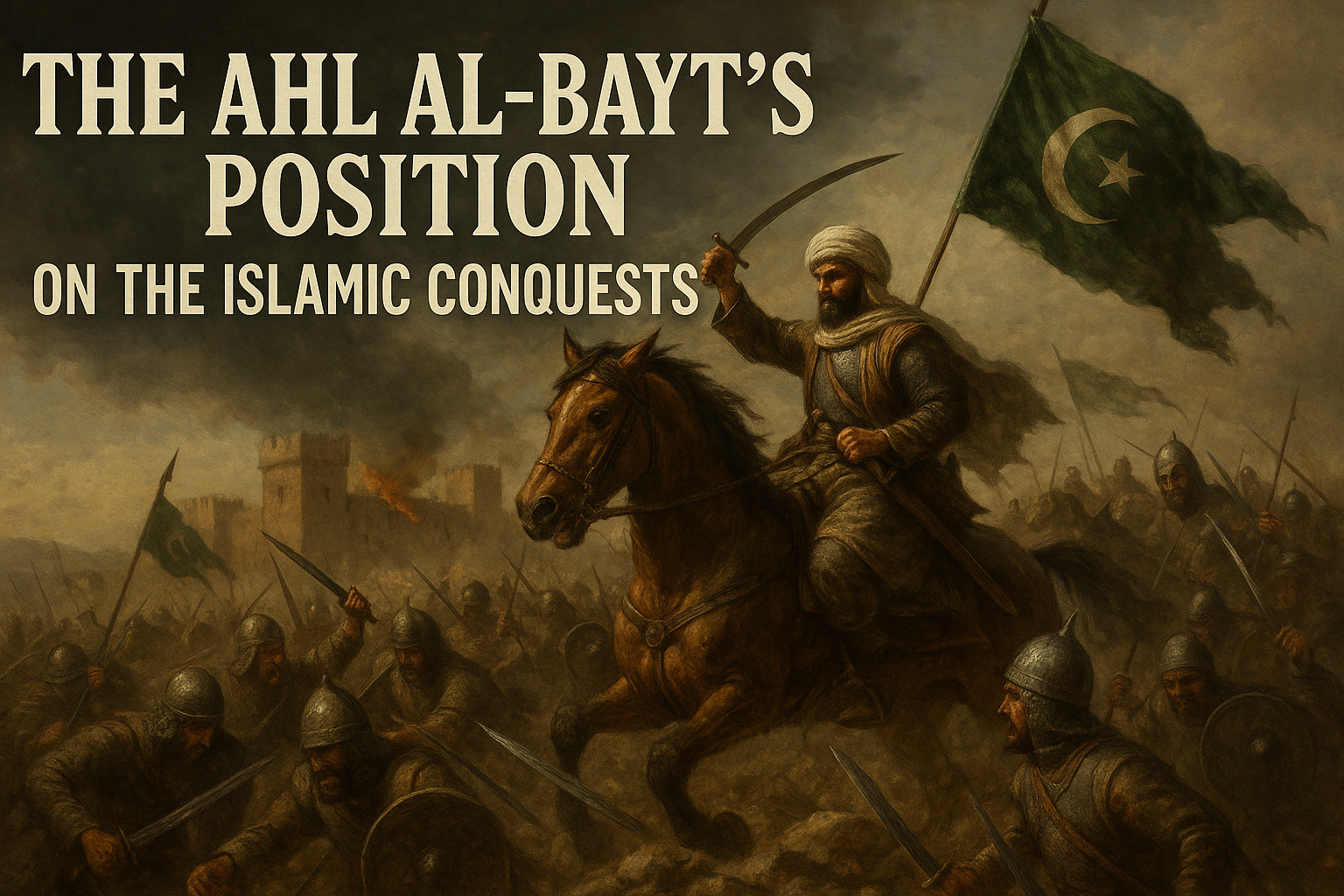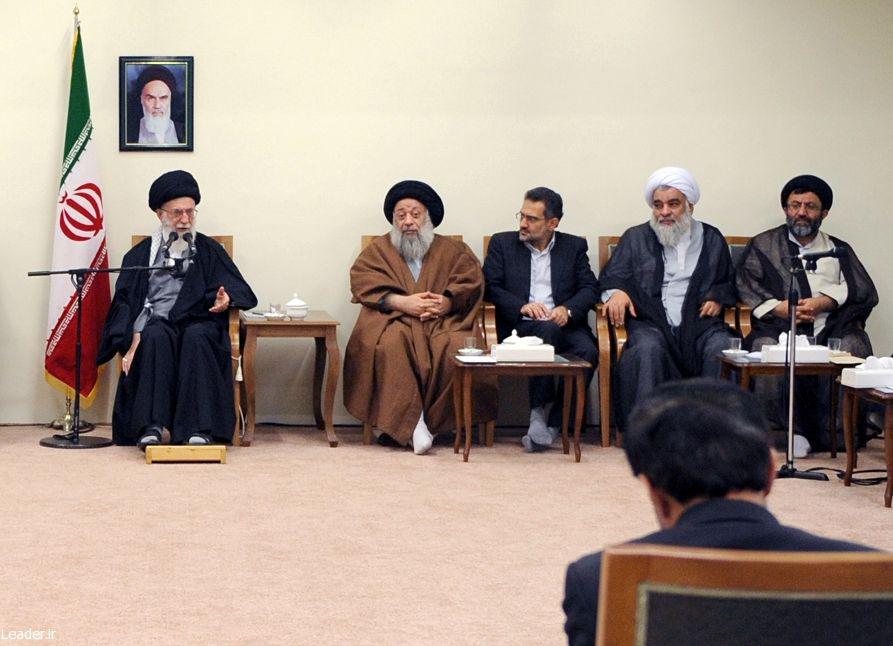The Ahl al-Bayt’s Position on the Islamic Conquests – Part 2
Part 2 (Click for Part 1) By Shaykh Haider Hobbollah In our previous session, we spoke about the first viewpoint, the viewpoint that says the Ahl al-Bayt did in fact approve of, permit and did not object to the conquests that took place across different regions (during the early period of Islam). We mentioned some … Read more



































